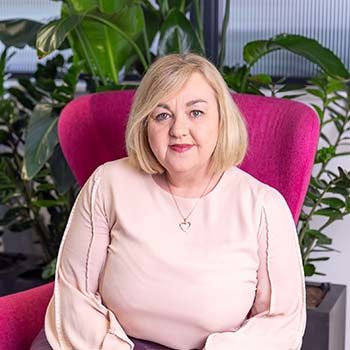1. Failing to have the Will witnessed correctly
All Wills need to be signed in the presence of two independent witnesses, who in turn must sign the document. If not done correctly, the Will is invalid. The witnesses must be over the age of 18 and not named as beneficiaries in the Will or related to any beneficiary named in the Will.
2. Creating a DIY Will
It’s very easy to make mistakes when creating your own DIY or online Will. Key errors include misspelled names and failure to execute the document correctly. These problems cannot be remedied once the person who created the Will passes away and can lead to arguments, potentially resulting in costly legal action.
There may be situations that you’ve not considered that could impact on your estate, such as ensuring the will is drafted in the most tax efficient way, which is why it’s useful to seek independent, expert advice. Solicitors have the expertise to challenge your rationale and encourage you to consider other scenarios beyond your current position and can draft your Will to accommodate for future changes in circumstance.
3. Forgetting key assets
Most people remember to include their key assets of money, property, or specific items that they’d like their beneficiaries to inherit. However, it can be easy to overlook the impact of foreign assets or business assets on your Will and the practicalities of dealing with these. It is also worth considering your digital assets and think about what will happen to your online accounts and social media profiles after you die.
4. Not updating the Will after your circumstances change
It’s vital that you don’t think of writing a Will as one-off event. It should be reviewed every five years or when major changes happen in your life such as a marriage, divorce, or the loss of one of your beneficiaries and/or executors. Failing to review your will on a regular basis can result in important omissions, or even invalidate the existing will entirely.
5. Not writing one at all
Many people assume that their spouse, civil partner or common law partner would be entitled to everything after they die. This is not the case.
If you die without making a Will, there are strict intestacy rules which dictate how your assets will be distributed. Currently, if you have a spouse or civil partner and children, your surviving spouse or civil partner, would receive a statutory legacy of £270,000 plus interest from the estate, your personal belongings and half of the remaining estate (this does not include jointly owned assets with your spouse/partner) and the children will receive the remaining half.
This may seem like a lot of money, but what if your share of the property you live in is worth more than that? Your spouse or civil partner may find themselves in co-ownership with the children and the children could try and force the sale of the property, which would be hugely stressful for your surviving spouse or civil partner.
If the children are under 18 and the estate is worth more than the statutory legacy, then the half share of the remaining estate would be held on trust for the children until they reach adulthood (or marry under that age). This could cause practical difficulties for the surviving spouse if they are left with insufficient funds to meet their own needs, whilst the remaining funds are held in trust for the minor children.
It’s also important to note that if you’re not married to your partner, even if you were living together when you passed away, your surviving partner is particularly vulnerable without a Will. They will have no automatic rights to your estate and the intestacy rules will determine what happens to your assets.
B P Collins has a team of wills, trusts and probate lawyers, that can help you write or review your Will and provide bespoke advice on next steps. The team are also members of the Law Society’s Wills and Inheritance Quality Scheme (WIQS). For further advice contact 01753 889995 or email enquiries@bpcollins.co.uk.



















